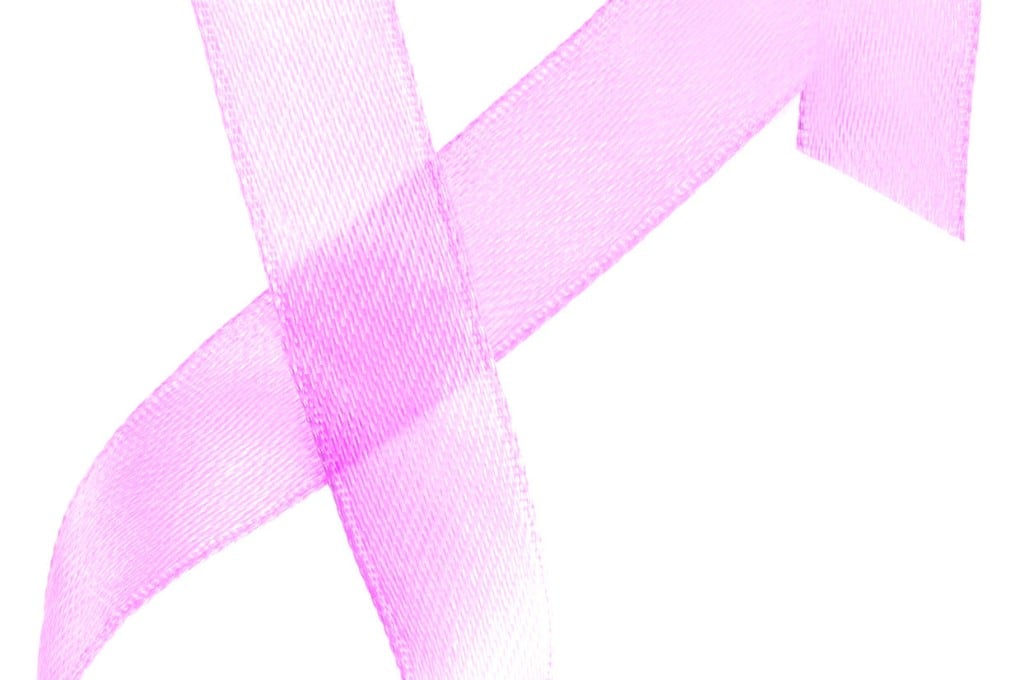
Retired mechanic Mr Lo, 82, first found a small lump in his chest almost a decade ago. Then 73 and still working, he felt a small painless bump barely the size of a green bean near his left nipple while taking his nightly bath. When the nodule did not go away after 10 days or so, he felt uneasy and decided to see a doctor, who gave him some anti-inflammatory medication.
After a week of faithfully applying the medicine, the tiny bump remained. Lo returned to the doctor, who recommended that he see a specialist.
Lo was eventually diagnosed with breast cancer. The condition is often thought of as a women's disease but it can affect men, too, because men also have breast tissue concentrated behind the nipple. However, in men, this tissues does not produce milk. At puberty, a rise in female hormones in girls stimulates the breast tissue to grow and develop milk glands. Male hormones suppress that process.
Hong Kong Cancer Registry statistics show that, in the past decade, an average of 16 men have been diagnosed with breast cancer each year compared with an average of 2,351 women. The incidence rate among Hong Kong men is 0.3 to 0.5 per 100,000; in predominantly Caucasian populations it's one per 100,000.
Kwong analysed data from the past decade and found Hong Kong men tend to be older when diagnosed compared to women - 64.5 years for men versus 52.7 years for women - which is consistent with international trends. In the US, it's 63 years for men and 54 for women, according to an Associated Press report.